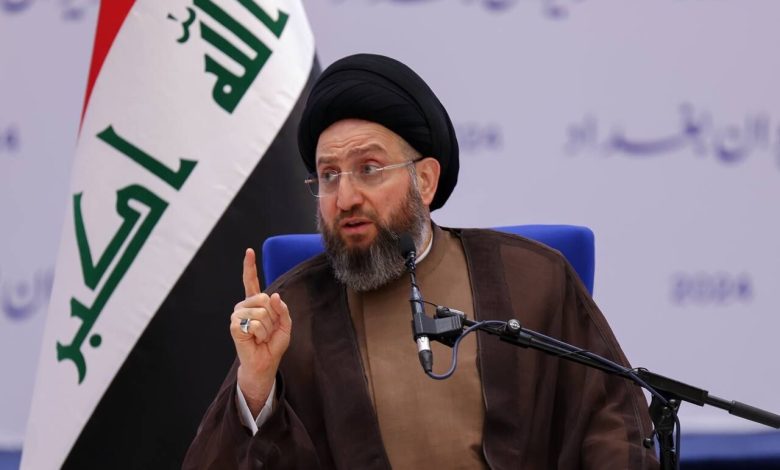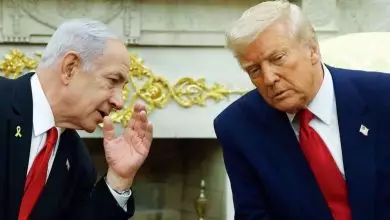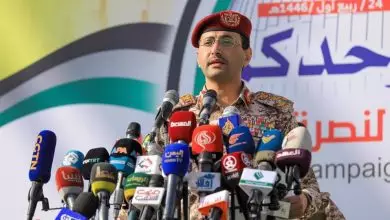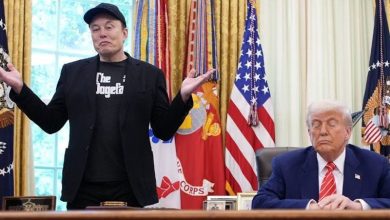Prominent Iraqi cleric al-Hakim raises alarm over evolving situation in West Bank

The media office of the National Wisdom Movement announced on Monday that its leader, al-Hakim, has expressed grave concern over the unfolding situation in the West Bank. In a statement, al-Hakim highlighted that the movement is attentively monitoring the swiftly changing events, which have sparked apprehensions about the possibility of an escalation into internal conflict.
The National Wing Movement (NWM) has issued an appeal to resistance fighters in Palestine, urging them to put aside divisions and disputes to safeguard Palestinian lives. The organization emphasized the importance of unity in their stance to prevent the occupation regime from capitalizing on any discord, thereby hindering efforts toward the just cause of Palestine.
Al-Hakim conveyed his aspirations for divine protection over the Palestinian populace and called for the unification of all factions in their efforts to reclaim their historic lands.
In a significant development last week, Palestinian Authority security forces conducted a raid on the Jenin refugee camp located in the West Bank. This operation escalated into an intense clash with resistance fighters entrenched within the camp.
The Palestinian resistance organization, Hamas, has released a statement denouncing actions taken by the Palestinian Authority’s security forces in Jenin. The statement characterized these actions as a comprehensive crime.







